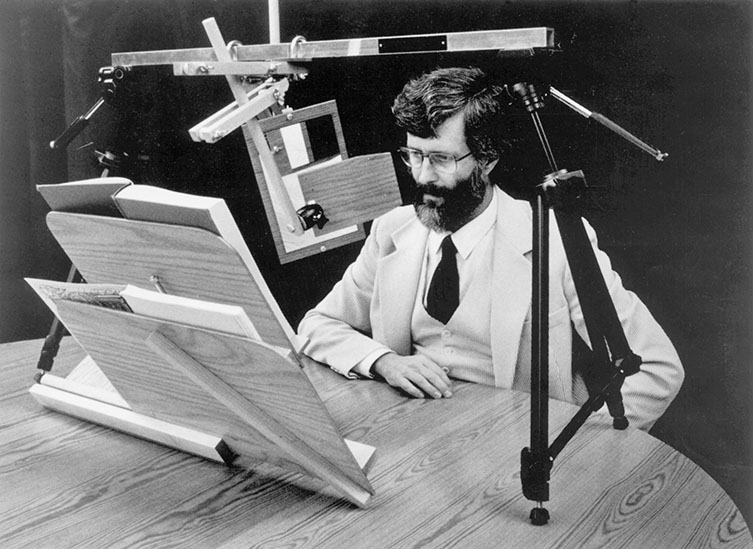Corpsey.
Well-known member
It might be hard to believe, but, even though it's unlikely, you will probably concede that it's at least conceivable that there could be someone on here so unfeasibly ignorant that they have never read this book, in fact there might be someone - definitely not me but someone - so ill-educated that they - again, to be clear, not me - have never even heard of it and don't know what it's about. And I wonder if, for the benefit of those fools, perhaps it would be better to begin the discussion at a lower stage, maybe saying what it is and what it's about etc rather than wading in with a discussion of a particular specific point which, yes, is fine for those of us who've read it but for people such as, I dunno, probably @DannyL for instance who haven't - well for us er them it's kinda meaningless and hard to follow.
Alright I haven't read the fucking book, what is it, why is it good? Please tell me.
Camille pagillia the author was essentially kicked out of academia and had her career nearly ruined because she got in an argument with other academic feminists who beleived that there was absolutely no correlation between hormones and behavior, to give you an idea of where the book is coming from. Its a reconsideration a non-stupid form of gender essentialism reacting against popular theories of gender being entirely socially constructed. She uses frued to argue this which basically means theres a little biology but the crux of the argument is phenomological- there are unique persceptive experiences that arise from having a male or female body and these innately influence the metaphors we think in, for example she thinks its 'natural' for women to be less control motivated or agressive not just because they have less testosterone but because they inherently reckon with having less control over their own bodies via the menstrual cycle and pregnancy and etc. Basically theyre prone to being zen in this way and as far as Ive read thats the central metaphor the entire book works around: woman is representative of and more conftorable with Nature while man is outside Nature and has a more complicated almost adversarial relationship to it and this explains gendered behavior as much as social constructivism does. theres something to this but you can also see how it can quickly become a wank.
The rest of the book is looking at various things in art and media ('sexual personae' like the femme fatale archetype) and working through them with this primary thought

